Introduction Of AI
If Google I/O 2025 were a sitcom, the upbeat energy and relentless its hype might tempt you to call it It’s Always Sunny in Mountain View. (Except, of course, it’s not — especially in the foggy month of May. But hey, that didn’t stop Google from booking an outdoor amphitheater with full confidence.)
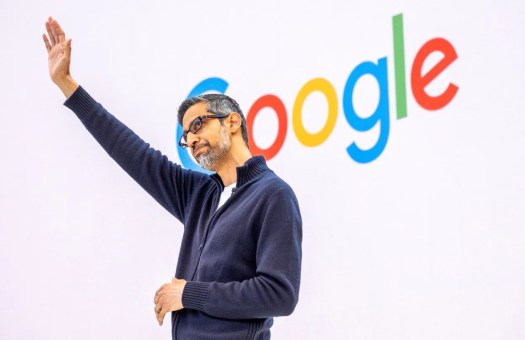
Table of Contents
Still, a better comparison might be The Good Place — the show where our protagonists are assured they’ve reached paradise, even as small cracks begin to show. Everything looks perfect. Search is “improving.” It’s the future. What could go wrong?
Well, plenty.
Google has now rolled out AI Overviews to all U.S. search results — whether you asked for them or not. According to the company, we’re stepping into a smarter, more helpful future. But just like in The Good Place, we’re not supposed to ask too many questions.
For starters, don’t dwell on the fact that it hallucinations — those pesky inaccuracies and made-up facts — weren’t even mentioned at the event. Or that a rare live demo went off the rails when Google’s AI glasses failed to translate between two presenters. Remember how responsible AI was the star of Google I/O 2023? This year, it didn’t even get a cameo.
Then there’s the awkward contradiction of its environmental impact. Yes, Google’s data centres are consuming more energy than ever to power all this innovation. But don’t worry — they also claim their AI helps detect wildfires, so it’s apparently a net win. Just… don’t think too hard about it.
And those strikes in Hollywood over fears that it would replace creative jobs? In Google’s version of utopia, filmmakers and musicians are all-in on its — or at least, the handful that Google chose to spotlight.
Meanwhile, Back in the Real World…
Outside the I/O echo chamber, things look a bit different.
SEO experts are raising the alarm about declining search quality thanks to Overviews. According to internal memos revealed during the DOJ’s antitrust case against Google, which the government just won, the company might benefit when users don’t get the right answer the first time.
“If users have to search multiple times, Google can say more people are using it every day,” explains Lily Ray, VP of SEO Strategy at Amsive and author of a widely shared LinkedIn post titled Google it Overviews Have a Major Spam Problem. “But there’s no way to turn it off — that’s the kicker.”
In other words, Google has a 90% grip on the search market. They can afford to make the product worse in the short term if it props up investor excitement around it. It looks like progress, but under the hood? Not so much.
Ray puts it bluntly: “Google search results have kind of become the laughingstock of the internet.”
Despite Google’s public insistence that “users love its Overviews,” forums tell a different story. “How do I turn this off?” is a common refrain — only, many users are finding that you actually can’t.
This Might Actually Be… the Bad Place
Like The Good Place’s Eleanor Shellstrop (played by Kristen Bell), users are starting to realize: wait a second — this isn’t heaven after all.
The problem? Awareness doesn’t necessarily lead to change. As long as investors reward flashy AI presentations with stock boosts, there’s little reason for Google to prioritize quality or user satisfaction. That’s the split reality of 2025: one world for the marketers, another for the users.
But there’s a tiny silver lining. After I/O, Google’s stock dipped 1.5%, and it’s down 12% for the year. Maybe — maybe — that’s enough to spark some introspection.
Or maybe not. It might take the same stubborn optimism that powers every Google keynote to believe change is coming soon.
After all, in The Good Place, it took demon Michael (Ted Danson) 300 years to stop resetting Eleanor’s memory every time she figured out the truth.
So, just a few centuries to go until Google is really working for us again.
Until then, everything is fine. Probably.

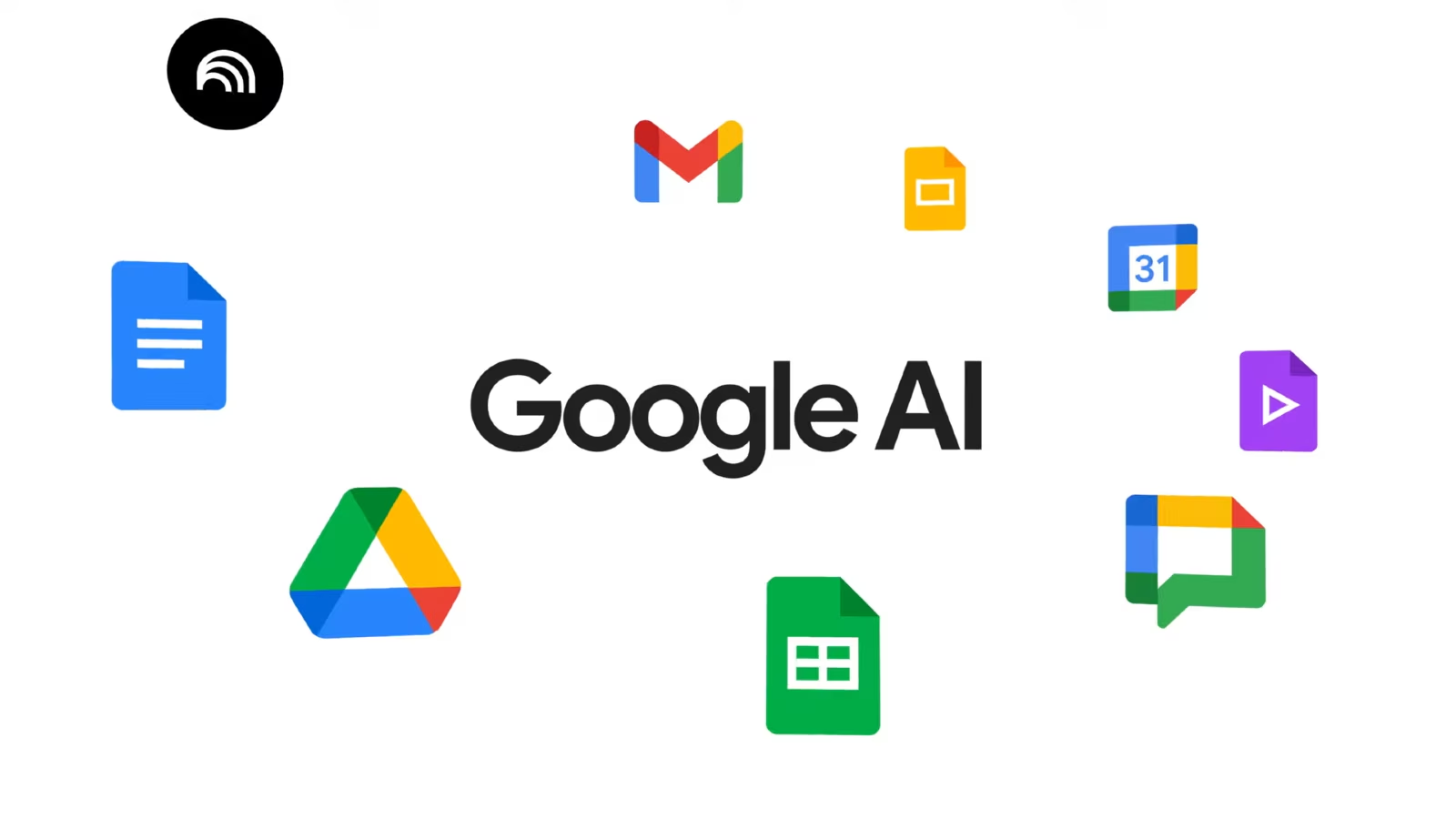
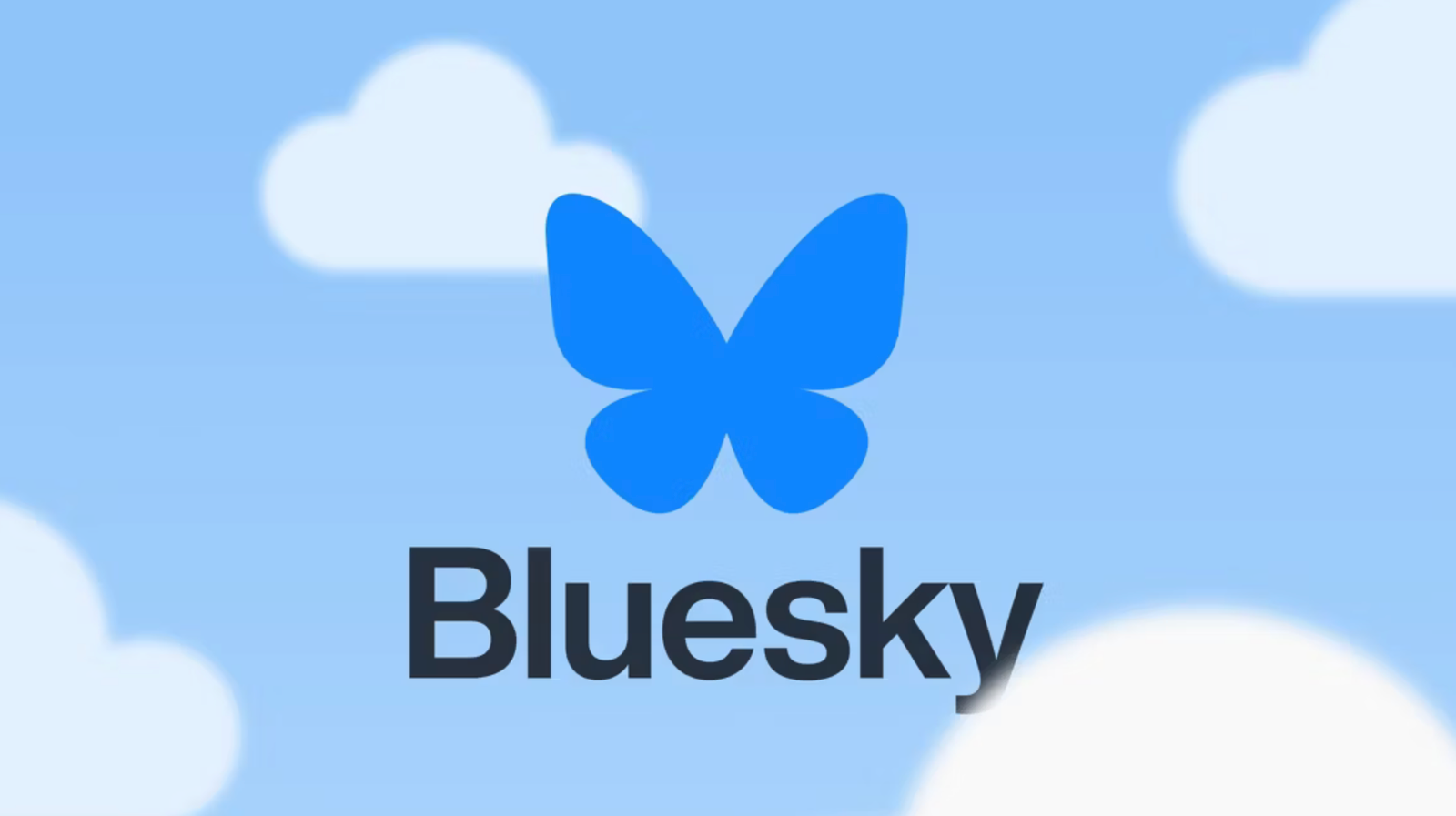




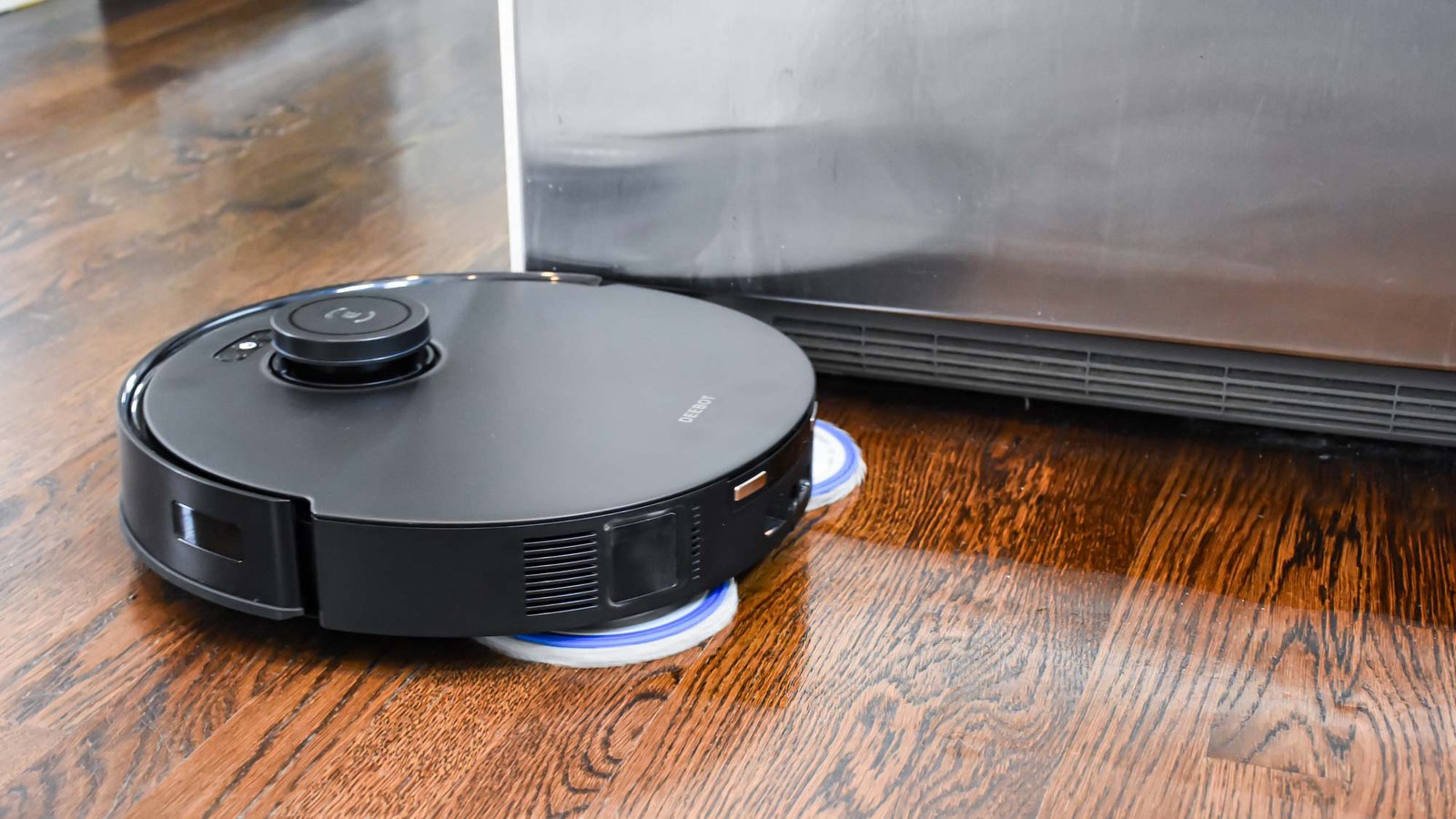






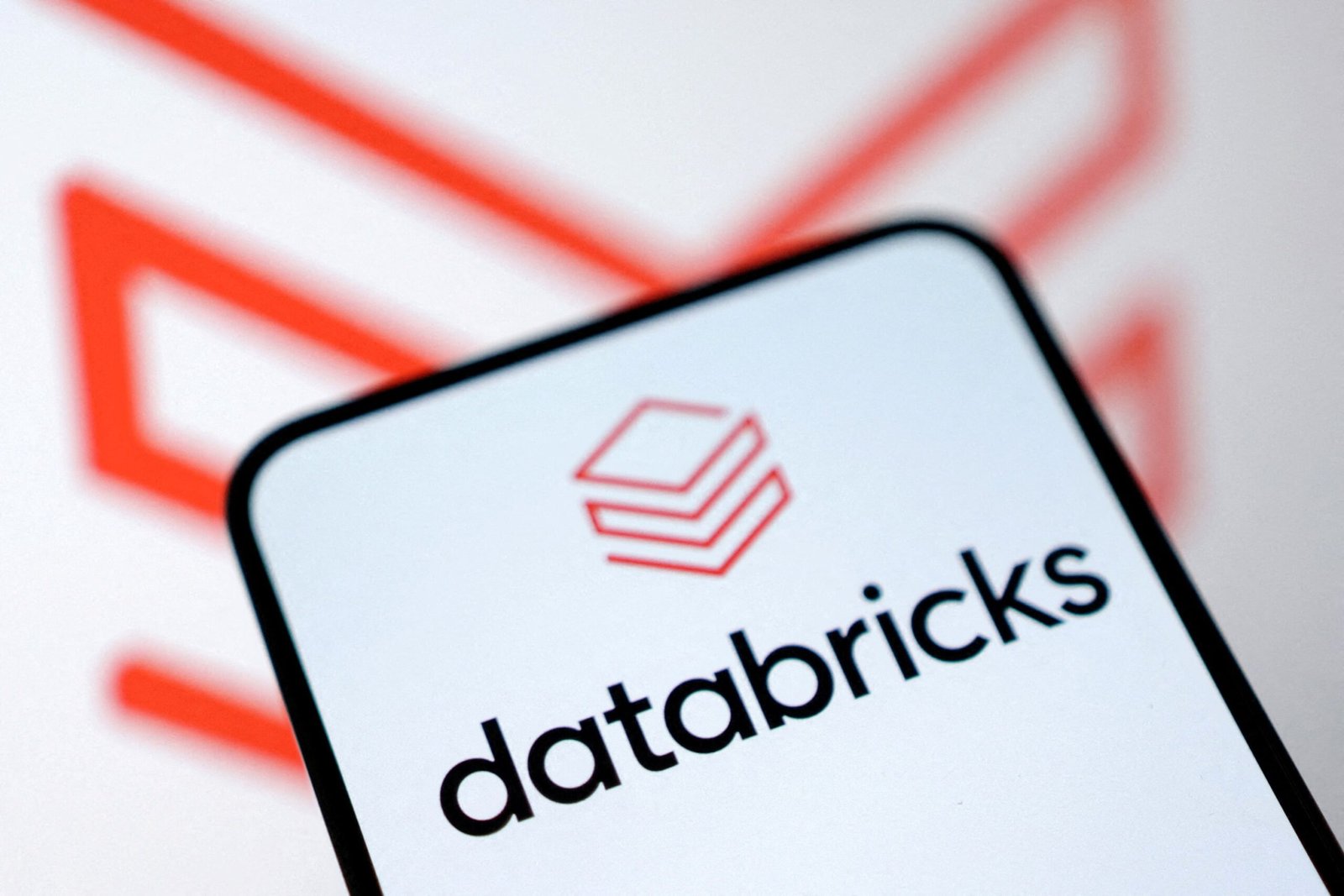
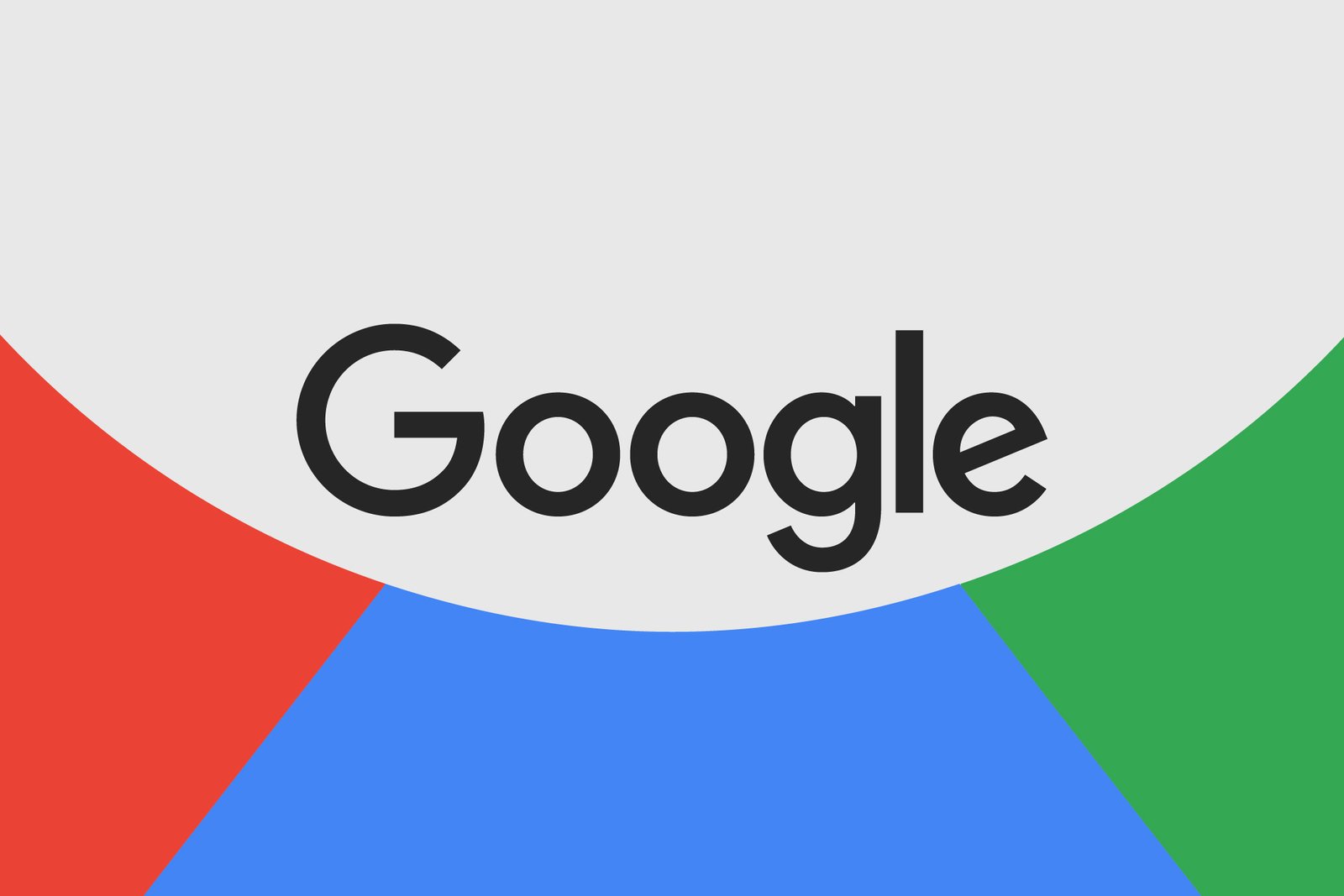



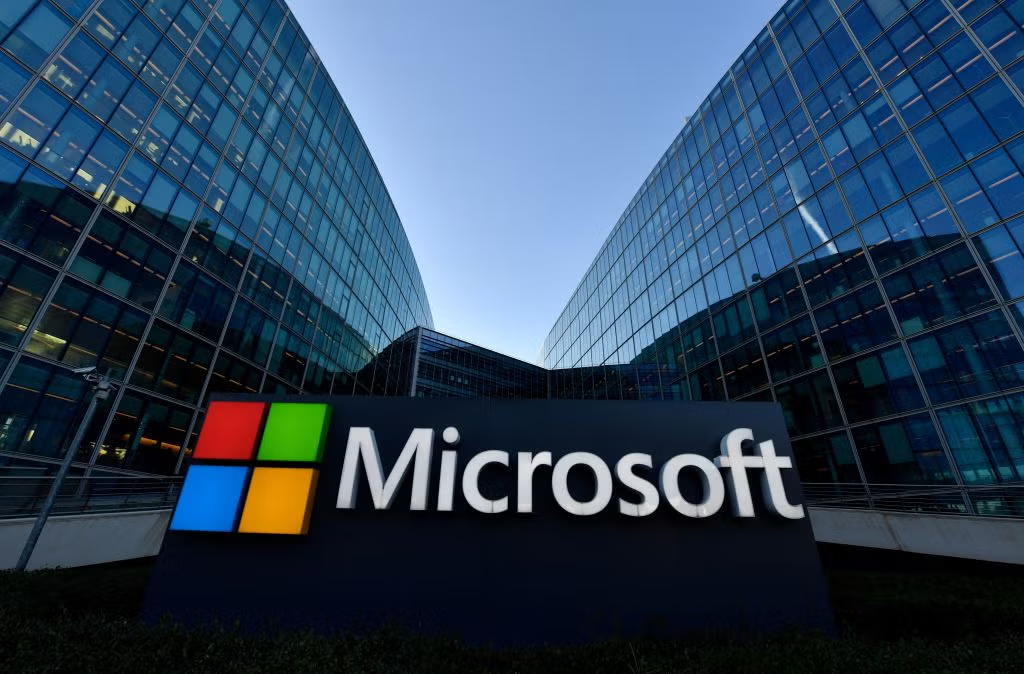


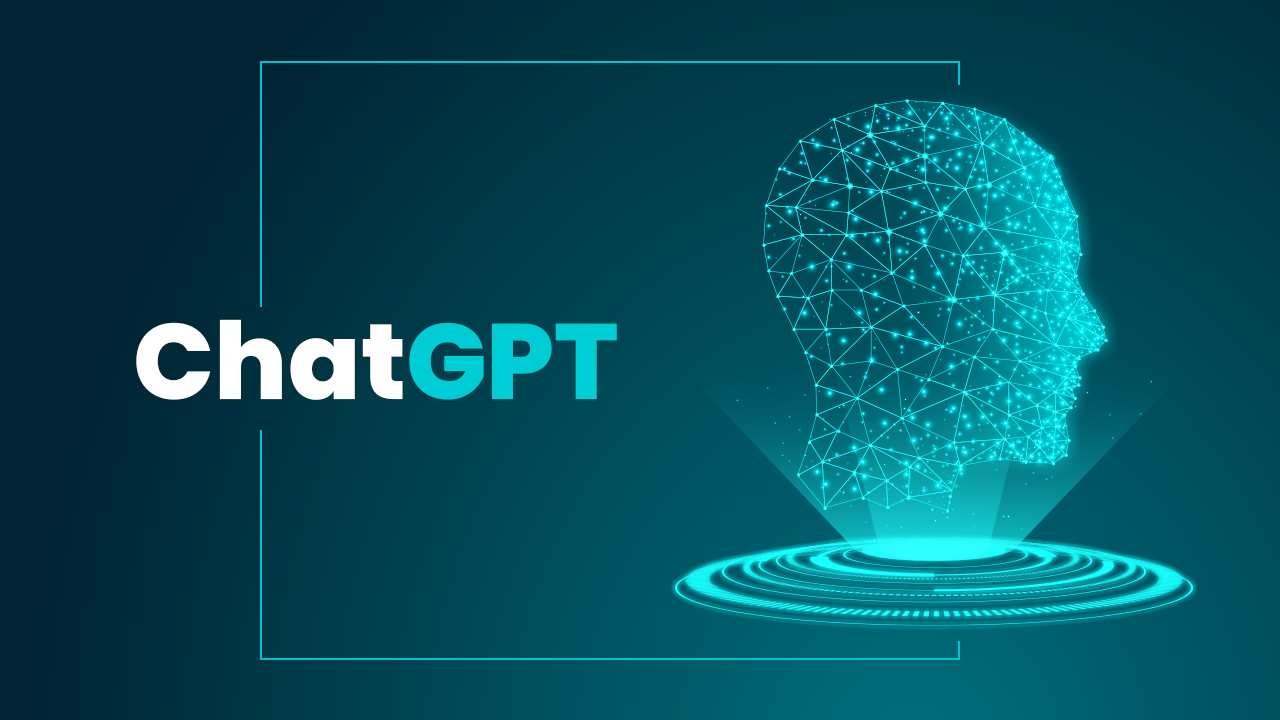




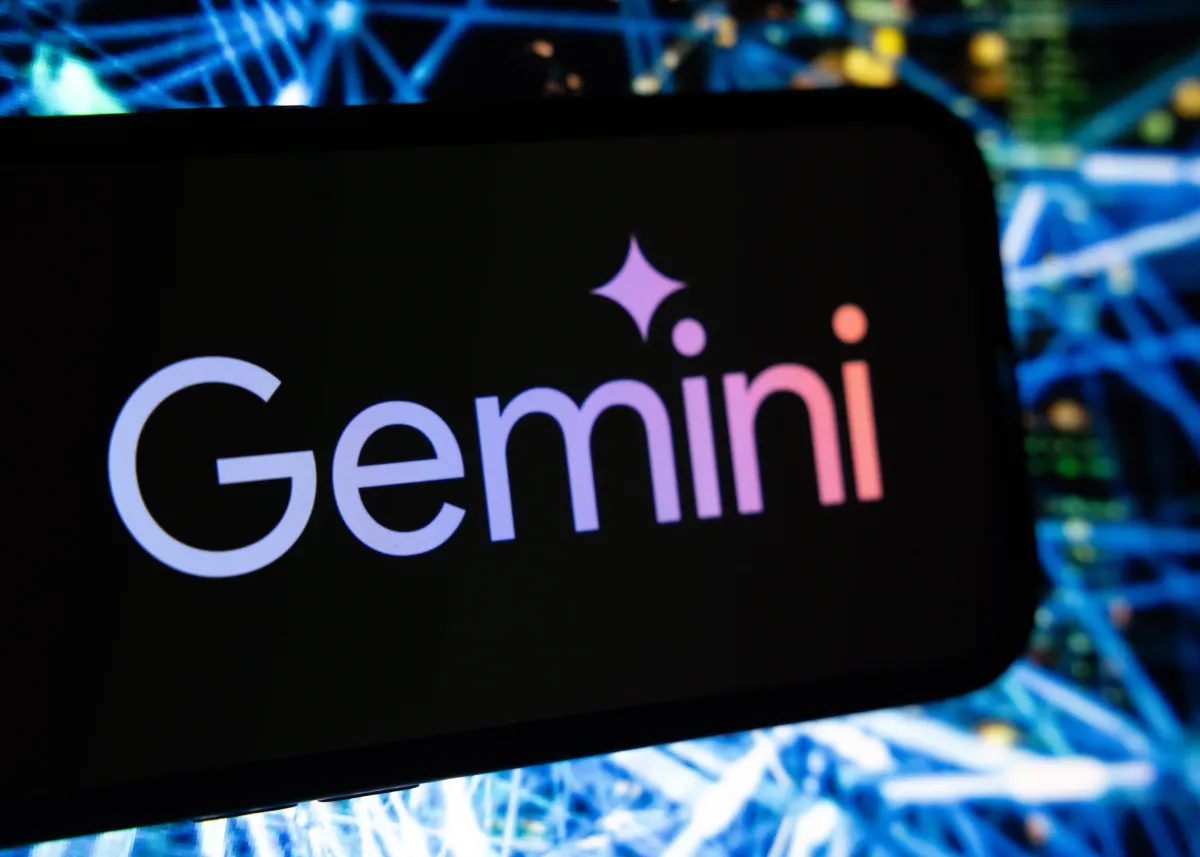

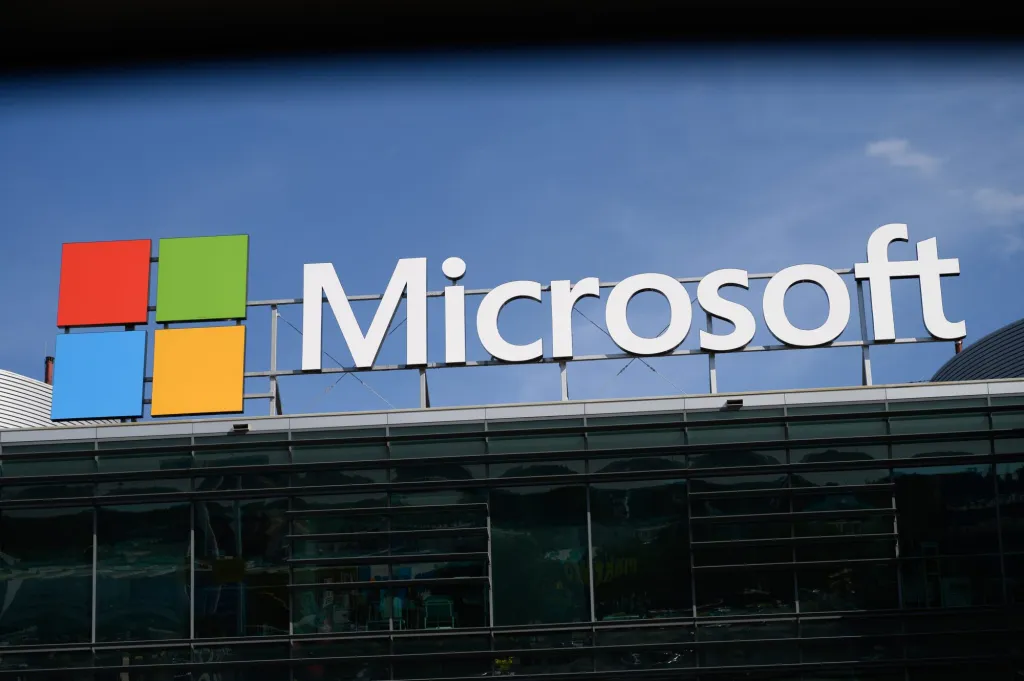

RichardLuche
Dating websites provide a innovative approach to connect people globally, combining intuitive tools like profile galleries and compatibility criteria.
Key elements include video chat options, social media integration, and personalized profiles to streamline connections.
Smart matching systems analyze behavioral patterns to suggest compatible matches, while account verification ensure trustworthiness.
https://materiascritta.com/dating/why-hentai-is-more-than-just-cartoon-porn/
Leading apps offer premium subscriptions with exclusive benefits , such as unlimited swipes , alongside real-time notifications .
Whether seeking long-term relationships, these sites cater to diverse needs , leveraging AI-driven recommendations to foster meaningful bonds.
RichardLuche
Dating websites provide a innovative approach to connect people globally, combining intuitive tools like photo verification and interest-based filters .
Core functionalities include secure messaging , geolocation tracking , and personalized profiles to streamline connections.
Smart matching systems analyze behavioral patterns to suggest compatible matches, while privacy settings ensure safety .
https://rampy.club/dating/the-shift-toward-authentic-adult-content/
Leading apps offer premium subscriptions with exclusive benefits , such as priority in search results, alongside real-time notifications .
Whether seeking casual chats , these sites adapt to user goals, leveraging community-driven networks to foster meaningful bonds.
KevinGet
Нужно найти информацию о пользователе? Наш сервис предоставит детальный отчет мгновенно.
Используйте продвинутые инструменты для поиска цифровых следов в открытых источниках.
Узнайте контактные данные или интересы через автоматизированный скан с гарантией точности .
глаз бога тг бесплатно
Бот работает с соблюдением GDPR, обрабатывая общедоступную информацию.
Закажите расширенный отчет с геолокационными метками и списком связей.
Доверьтесь надежному помощнику для digital-расследований — результаты вас удивят !
Jerryliage
Back then, I believed medicine was straightforward. The system moves you along — nobody asks “what’s really happening?”. It felt official. Then cracks began to show.
Then the strange fog. I blamed my job. And deep down, I knew something was off. I searched forums. The warnings were there — just buried in jargon.
fildena strong 120 mg
That’s when I understood: one dose doesn’t fit all. The reaction isn’t always immediate, but it’s real. Side effects hide. Still we trust too easily.
Now I pay attention. Not because I’m paranoid. I track everything. Not all doctors love that. This is survival, not stubbornness. The lesson that stuck most, it would be keyword.
TtyaBom
Портал предлагает рецепты с расчетом времени на каждый этап. Это помогает точно планировать процесс приготовления, особенно когда готовишь несколько блюд.
Сайт titaya.kherson.ua
ThomasZooxy
Les modèles connectées intègrent des technologies innovantes en fitness .
Dotées de GPS précis et de moniteur cardiaque , elles répondent à tous niveaux.
L’autonomie atteint jusqu’à 14 jours selon le modèle, parfaite pour activités intenses .
montres golf Garmin
Les fonctions santé analysent le sommeil ainsi que les calories, aidant à global .
Intuitives pour personnaliser, elles s’adaptent facilement dans votre vie, avec une interface intuitive .
Choisir Garmin c’est profiter de une technologie éprouvée dans la gestion de vos performances .
ErnestVet
Bilinçli casino oynamak , riskleri azaltır.
Oyun bütçenizi önceden belirlemek , kontrolü tutmaya olanak tanır.
Hesabınızı hariç tutma araçlarını kullanmak, sorunları engellemenize destek olur .
Alevtr Casino
Bahislerin etkilerinin farkında olmak, dengeli katılım sağlar .
Erken aşamada danışmanlık hizmeti danışmak, keyfi çözmeye yardımcı olur .
Bu önlemler, sorumluluk dolu bahis süreci keyfini maksimize eder.